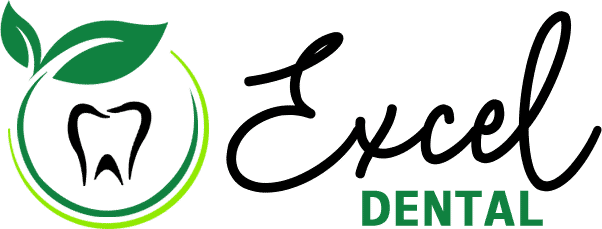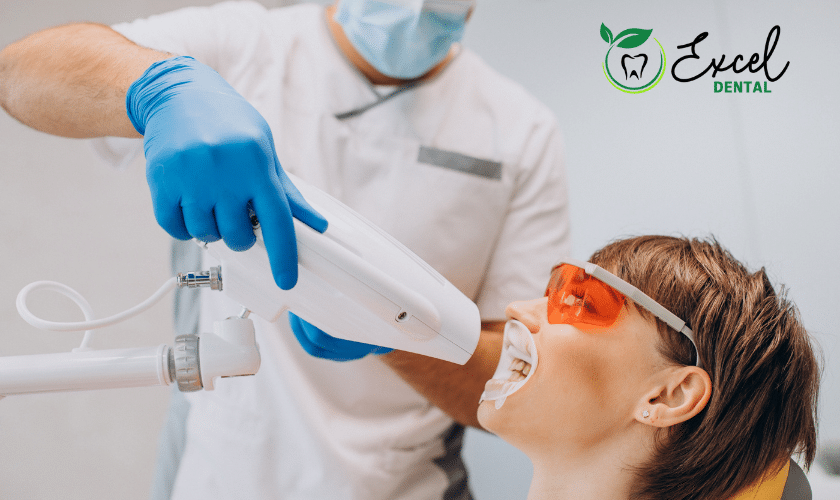If the sound of the drill at the dentist makes you nervous, dental laser therapy may be for you. Light amplification by stimulated emission of radiation (laser) is an abbreviation for light amplification by stimulated emission of radiation. The laser will emit light energy in a narrow, concentrated beam during the operation. When this light strikes tissue, it causes a reaction that allows it to remove or shape tissue.
What is laser dentistry?
Laser dentistry refers to the use of lasers to treat a variety of dental diseases. In 1989, it was commercially used in clinical dentistry practice for treatments requiring tooth tissue. When compared to drills and other non-laser equipment, laser dentistry may provide a more comfortable treatment alternative for a variety of dental treatments involving hard or soft tissue.
LASER is an acronym that stands for “light amplification by stimulated emission of radiation.” The apparatus produces light energy in the form of an extremely narrow and concentrated beam. When this laser light strikes tissue, it causes a reaction that allows it to remove or shape the tissue. Laser dentistry is utilized for a wide range of procedures, including:
- Hypersensitive treatment
- Dental decay treatment
- Gum disease treatment
- Teeth whitening
Uses of laser in dentistry
- Removing tissue from the area of exposed wisdom teeth
- gum tissue reshaping
- During crown lengthening procedures, bone and gum tissue are removed and reshaped.
- Getting Rid of Inflamed Gum Tissue
- Getting rid of muscular attachments that limit tongue or lip movement
- Increasing the speed with which in-office tooth whitening operations are completed
- Reducing the pain caused by cold sores and cankers
- Small pieces of dental enamel are removed.
- Getting your teeth ready for composite bonding
- Restoring some worn-out fillings
What are the many types of dental lasers?
- Soft tissue lasers are used for operations involving soft tissues in the mouth, such as gums.
- Hard tissue lasers are used to cut hard tissues in the mouth, such as teeth.
THE ADVANTAGES OF LASER DENTISTRY
Dentists choose laser dentistry because it has particular advantages that make operations run more smoothly while also reducing patient suffering and healing time.
- Sutures are less likely to be required by patients.
- Anesthesia may not be required.
- The laser will sanitize the gums, reducing the likelihood of infection.
- Less gum damage shortens the healing time.
- Patients experience less blood loss than with standard surgery.
We hope this blog has helped you know more about laser dentistry. Laser dentistry is a convenient solution to many oral and dental problems, whether they are serious or merely cosmetic. Visit Excel Dental if you’re looking for the best laser dental service in Missouri City, Texas. Please contact us as soon as possible!


